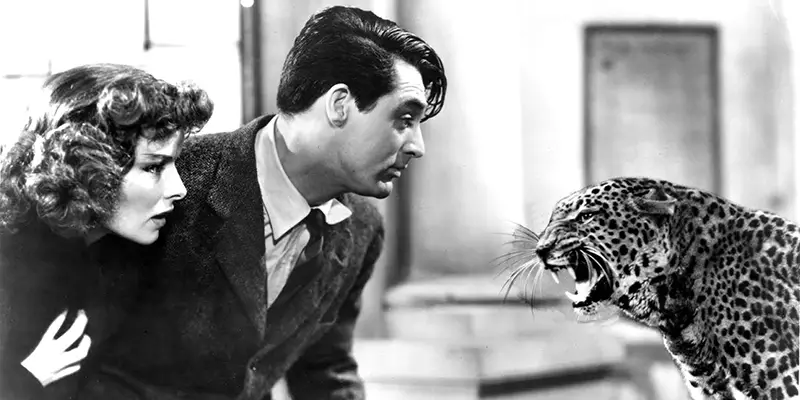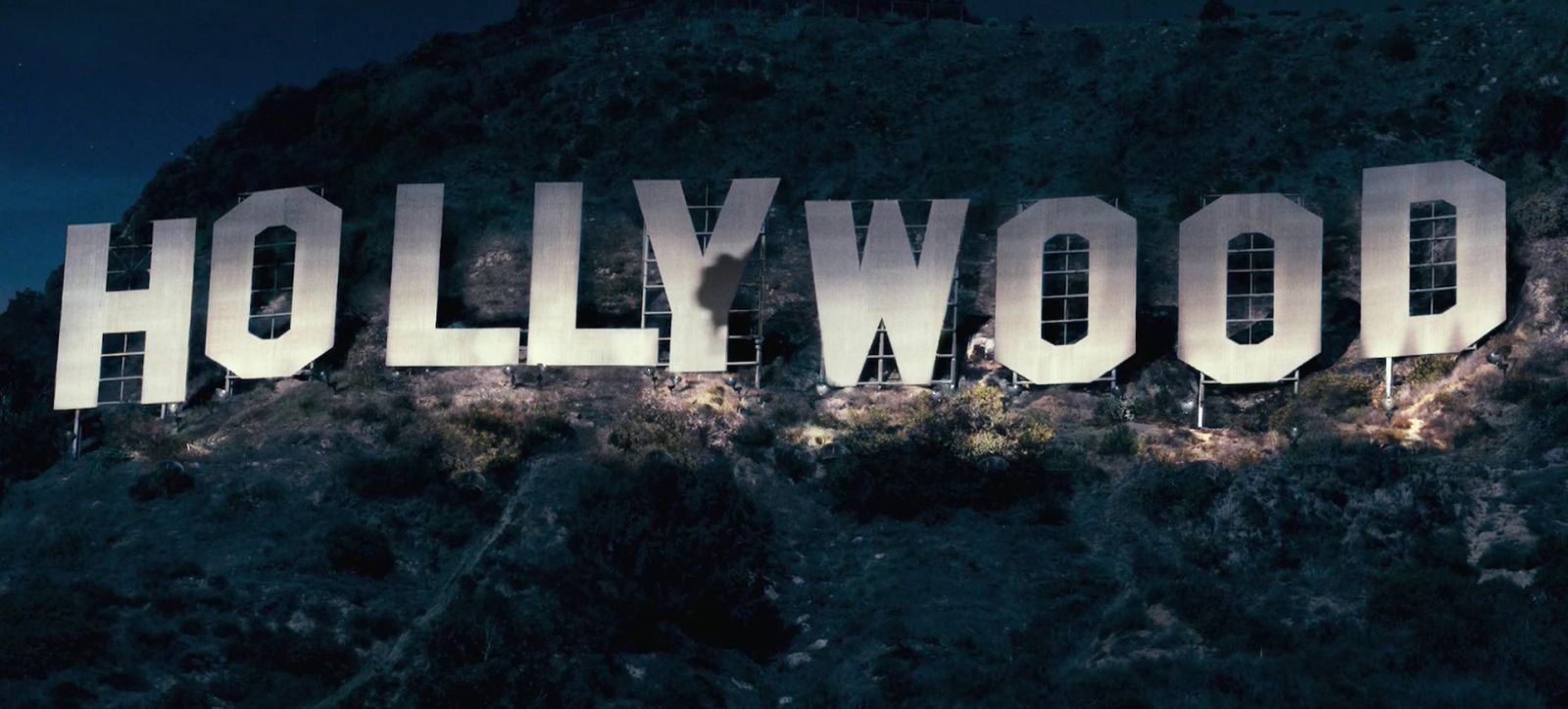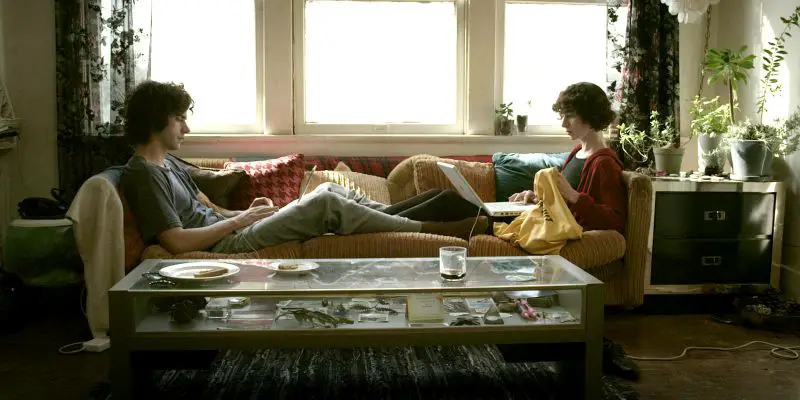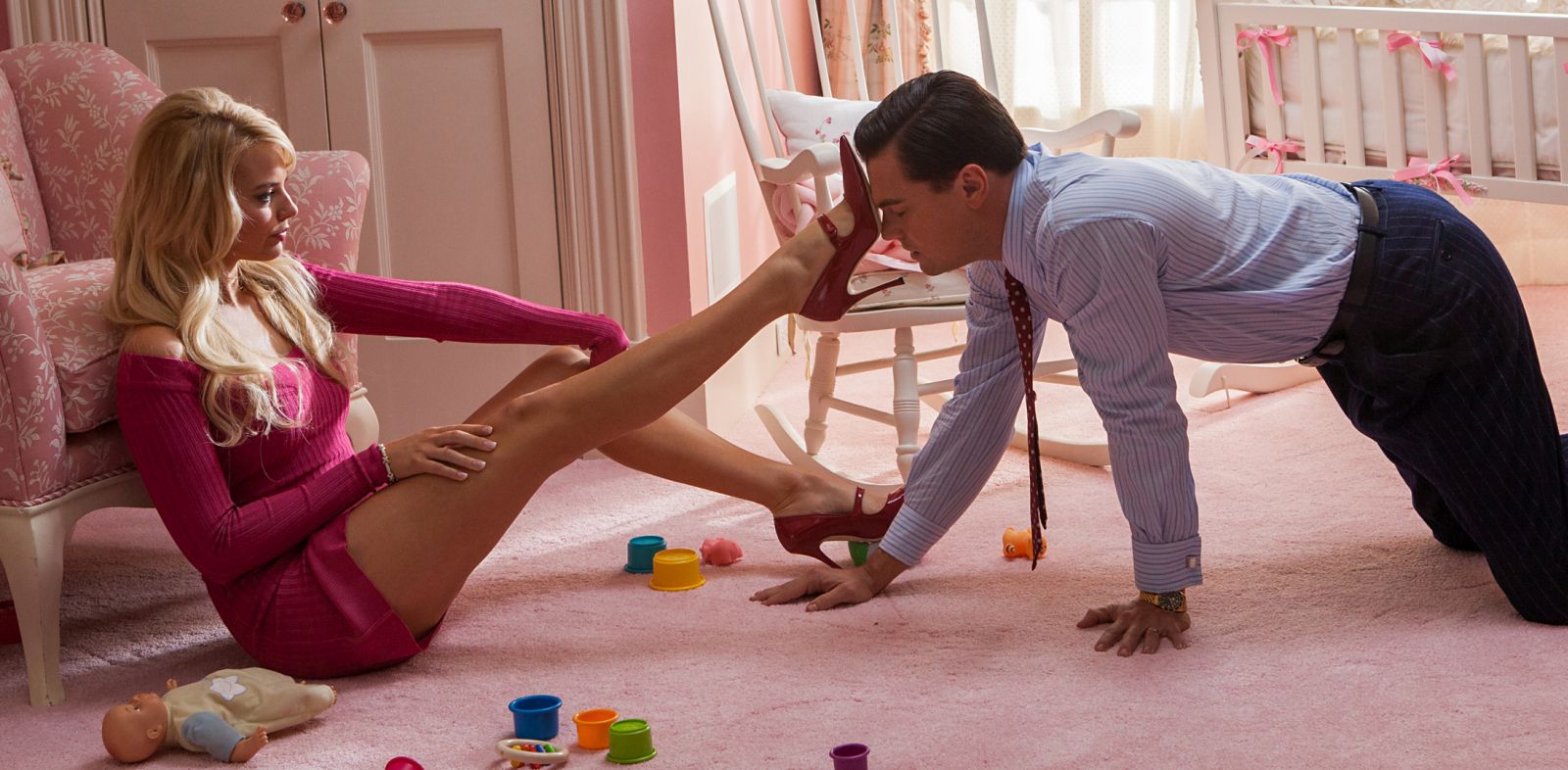gender

3rd Street Blackout is an independent romantic comedy written, directed by and starring Negin Farsad (as Mina) and Jeremy Redleaf (as Rudy). The film explores the trials one tech-savvy couple endures during the midst of a post hurricane blackout in an urban New York City neighborhood. It also features Ed Weeks (as Nathan Blonket) and a brief appearance by Janeane Garofalo (as June Sherman).

There has been a historical frequency in film for older men to be depicted in romantic relationships with younger, sometimes much younger, women. This article seeks to examine whether this propensity for older men to be paired with younger women on-screen can reveal something of mainstream cinema’s and, by extension, western culture’s attitudes towards older women, sex and romance. Might more contemporary examples featuring fresh approaches to the age gap be leading us down a new path, featuring a wider range of romantic perspectives?

Screwball comedy is a predominantly American film genre popularised during the Great Depression. The golden era of screwball comedy was the 1930s and early 1940s, with hundreds of films being produced and the genre fast becoming one of Hollywood’s most popular. However, from the mid 1940s, evolving circumstances saw it becoming increasingly obsolete, with true screwball comedies beyond the 1960s being few and far between.

Cady McClain is an award-winning daytime TV actress, but she has another side: as a director. She has completed two short award-winning films, Flip Fantasia and World of Albert Fuh, and the comedy web series Suzy F*cking Homemaker, and is currently in production on a new documentary about women directors called Seeing Is Believing:

The revolution is here— We are in the midst of a global revolution for female empowerment and equality. This movement has been building for some years, and the new efforts for women directors have added great momentum to the cause. The campaign and ongoing support for women directors starting 2013 by the ACLU has now led to an industry-wide investigation.

Over the course of history, Hollywood has given female filmmakers few chances to work on film projects. Fewer chances than their male cohorts, to be sure – no matter their experience or education. Male directors are hired invariably and without doubt, and they are featured and lauded in media frequently.

Laura Mulvey is a feminist film theorist from Britain, best known for her essay on Visual Pleasure and Narrative Cinema. Her theories are influenced by the likes of Sigmund Freud and Jacques Lacan (by using their ideologies as “political weapons”) whilst also including psychoanalysis and feminism in her works. Mulvey is predominantly known for her theory regarding sexual objectification on women in the media, more commonly known as The Male Gaze” theory.

Editor’s Letter Essay of week 41 Since Film Inquiry’s inception it’s been our goal to promote diversity in film. Admittedly, I always think of diversity in film in the broadest sense for Film Inquiry: include and promote women, minorities, the LGBT community – and international and independent film, too.


